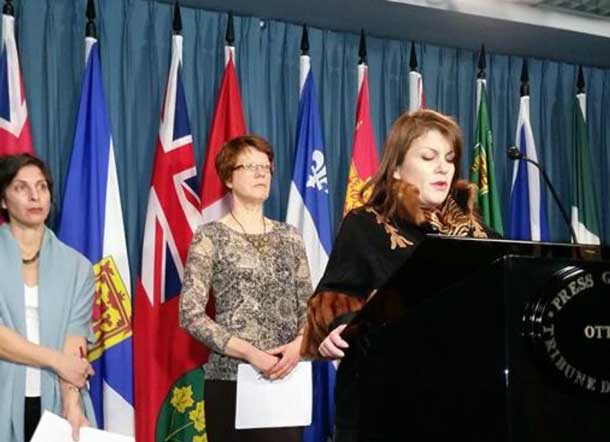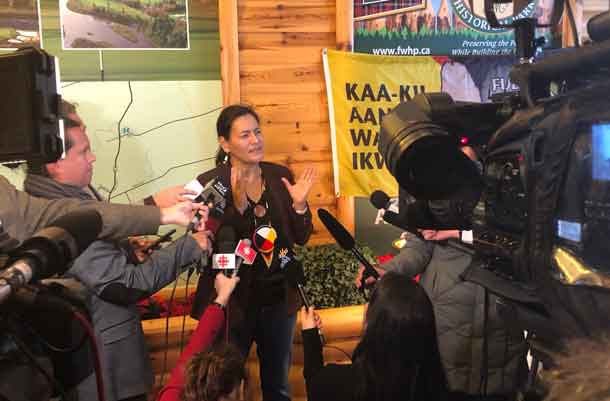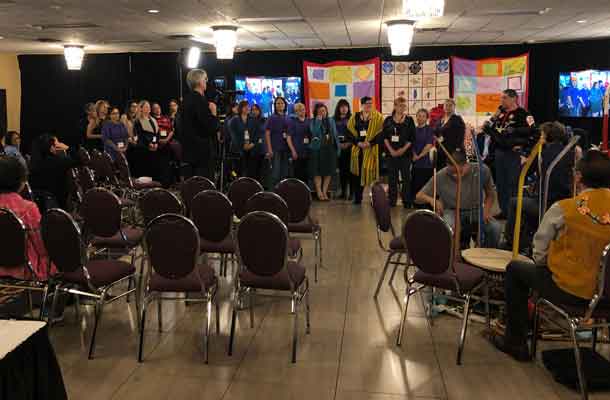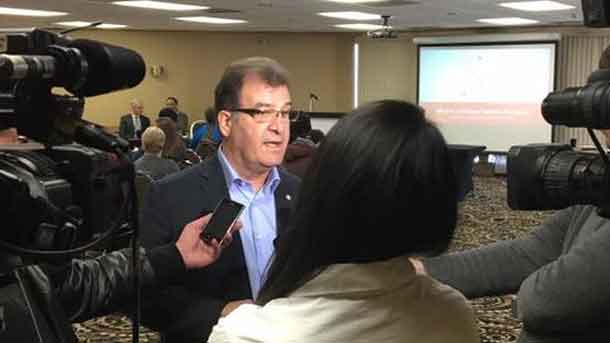
THUNDER BAY – A report addressing the issue of missing and murdered Aboriginal women in British Columbia was released on Monday after a request from Native Women’s Association of Canada (NWAC) and the Canadian Feminist Alliance for International Action (FAFIA) for an investigation into the issue.
The Inter-American Commission on Human Rights (IACHR) report, entitled Missing and Murdered Indigenous Women in British Columbia, Canada, analyses the context in which Indigenous women have been murdered and gone missing over the past several years, and the response of the Canadian government.
IACHR stated that the number of missing and murdered Indigenous women was “particularly concerning considering that Indigenous people represent a small percentage of the total population of Canada.”
The Commission also stated that the disappearance and murders of Indigenous women in Canada are part of a broader pattern of violence and discrimination against Indigenous women in the country.
The investigation into the disappearances and murders of Indigenous women and girls in BC was launched by IACHR, which is an arm of the Organization of American States (OAS), in 2012. The investigation was initiated at the request of NWAC and FAFIA.
NWAC vice-president Dawn Harvard called the report “ground-breaking.”
“This report is groundbreaking. It is the first in-depth examination by an expert human rights body of the murders and disappearances of Indigenous women in Canada,” Harvard said.
While in the report, IACHR acknowledged Canada’s efforts to address and discuss the situation of missing and murdered Indigenous women in BC and nationally, it did provide a series of recommendations to assist the government in putting its commitment to the issue “into practice.”
NWAC stated that there are four key items in the conclusions and recommendations in the report that apply in all parts of Canada, the first being that Canada is legally required to address the violence against Indigenous women fully and effectively.
“This is not matter of choice,” said Harvard. “Our obligations under international human rights law require us to eliminate the discrimination which causes the violence and to ensure that Canada’s institutions, including the police and the justice system, respond effectively when Indigenous women disappear or are murdered.”
The second key item according to an NWAC release was that the Commission made a key finding of fact. The Commission concluded that the root causes of the high levels of violence against Indigenous women lie in a history of discrimination beginning with colonization and continuing through laws and policies such as the Indian Act and residential school.
NWAC’s Execute Director Claudette Dumont-Smith said that the third key point was that both federal and provincial governments have responsibility for the legal status and conditions of Indigenous women and their communities.
“This is not only a provincial matter, nor should it be a political football tossed back and forth between levels of government,” Dumont-Smith said. “The Inter-American Commission is clear, Canada must provide a coordinated, national response to the violence. This is what we have been working for and what we do not yet have.”
The fourth key point was that the Commission strongly supports a nation-wide inquiry in the issue, stated FAFIA Chair Holly Johnson.
“Despite this report and others, the Commission says there is much more to understand and to acknowledge if we are to effectively address the crisis of missing and murdered Indigenous women in Canada,” Johnson said. “This is a crucial conclusion. The message of the Inter-American Commission is that Canada has a lot of work to do, and it must be done by all levels of government, with the full participation of Indigenous women, and with effective nation-wide coordination.”
Assembly of First Nations (AFN) National Chief Perry Bellegarde welcomed the report, which comes as AFN and other Indigenous peoples’ organizations and Indigenous women’s families are preparing for a national roundtable on missing and murdered Indigenous women. The roundtable will take place in Ottawa on Feb.27, 2015 and will involve the provinces and territorial leaders.
Bellegarde thanked the IACHR for its work.
“On behalf of the Assembly of First Nations, I wish to thank the IACHR for its work and for so clearly identifying the critical failure of governments and policing across Canada to meet their obligations under international and regional human rights law to guarantee equality, by failing to exercise due diligence in preventing and responding to violence against Indigenous women and girls,” Bellegarde said.
He stated that the IACHR concluded that the response of governments in Canada to date to this national crisis amounts to a violation of the right to life for Indigenous women and girls.
“We must act together to establish both a national inquiry to examine these critical human rights failings and move at the same time to put in place a national action plan informed by the guidance of the IACHR and other human rights bodies,” Bellegarde stated.
Stephanie Wesley





